What are the Risks Associated with Fumigation Methods?
Did you know that fumigation workers can be exposed to the chemical environment for 8 hours per day without adverse effects? However, beyond that, it can cause various problems, such as nausea, seizures, vomiting, and respiratory issues. Safety is an important aspect for fumigation companies around the globe. Hire experts from Lakhwa Chemical Services for best results.
Fumigation methods involve the use of toxic chemicals to eliminate pests, insects, or pathogens in an enclosed space. While fumigation can be an effective method for pest control, it also carries certain risks and potential hazards. Here are some of the risks associated with fumigation methods:
Health Risks
Fumigants can be harmful to human health. Exposure to high concentrations of fumigants may cause lung damage, dizziness, and in severe cases, even death. Some individuals are sensitive to fumigation chemicals: Allergic reactions, such as skin rashes and itching can take place. It is necessary to follow safety guidelines and rely on professionals for best outcomes.
Chemical Residues
Fumigants may leave behind chemical residues on treated surfaces, furnishings, and objects. These residues can persist for a certain period and may pose a risk if they come into contact with skin, are ingested, or are inhaled.
Environmental Impact
Fumigants can have detrimental effects on the environment if not properly managed. They can contaminate soil, water bodies, and air, leading to adverse effects on plants, animals, and ecosystems. Some fumigants are known to be persistent and have the potential to spread in the environment.
Fire and Explosion Hazards
Some fumigants are flammable and dangerous, causing fire or explosion risk if not handled correctly. Application of heat sources, such as portable heaters and heating pads can also affect the process adversely. Moreover, ignition sources should be kept under strict control and avoided during the fumigation process.
Property Damage
Improper use or handling of fumigants can result in property damage. Fumigants may cause discoloration, corrosion, or damage to certain materials, such as fabrics, plastics, or electronic devices. Moreover, they can damage perishable products, such as food items or medications. It is essential to seal or store edibles to prevent spoilage or contamination.
Occupant Safety
During fumigation, occupants may need to vacate the premises temporarily to avoid direct exposure to the fumigants. Proper safety measures must be implemented to ensure the safe evacuation and re-entry of individuals.
To minimize these risks, it is crucial to hire trained and licensed professionals who are experienced in fumigation procedures. They should follow appropriate safety protocols, use approved fumigants, and adhere to legal regulations and guidelines governing fumigation practices. It is also essential to communicate and follow any specific instructions provided by the fumigator to ensure the safety of individuals, property, and the environment.
Fumigation – Implications on the Human Body
Throughout the world, different stories have circulated about fumigant chemicals and their effects on human life. Peyton McCaughey, a 10-year old boy, and his family fell victim to the chemical spraying process undertaken at their home. The family was told to return after two days. However, their health condition deteriorated once they entered the premises.
According to a renowned news channel, Peyton had problem in speaking and walking. The family took him to a local clinic where the medical practitioner suspected poisoning through toxic fumes. It was discovered that the boy was suffering from brain damage.
Fumigation chemicals can have a detrimental effect on people. Some of the chemicals, namely sulfuryl fluoride, phosphine, and methyl bromide are toxic and noxious. It’s important for individuals to learn about the fumigation process and take the necessary precautions.
Conclusion
Fumigation Methods is an effective process for eliminating pests and insects. However, it comes with high risks to humans and the environment. Exposure to fumigation chemicals, either through inhalation or skin contact, can lead to respiratory problems, skin irritations, and in severe cases, poisoning.
These chemicals contain toxic substances such as methyl bromide, phosphine, or sulfuryl fluoride, which require proper handling and application by experts. To mitigate the risks associated with fumigation chemicals, it is essential to follow safety protocols. Using protective equipment, ensuring adequate ventilation, and adhering to recommended dosage are some examples.
If you want a pest-free and safe environment for your homes, contact Lakhwa Chemical Services.
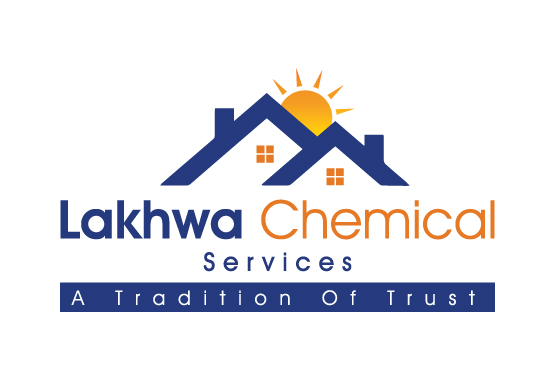
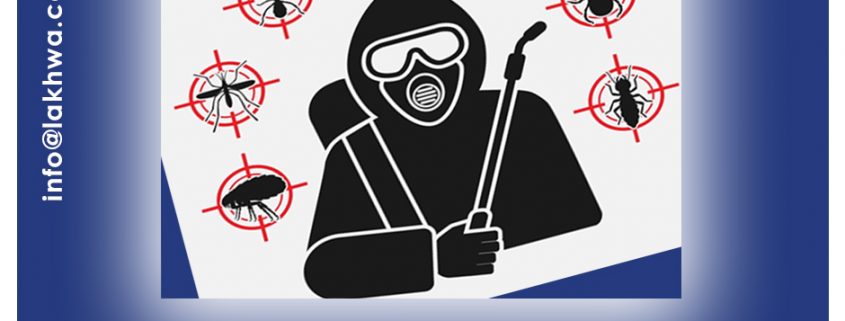

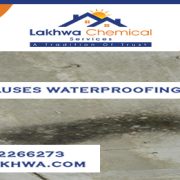



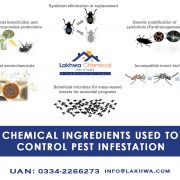

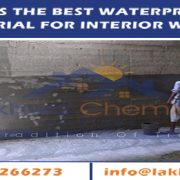


Leave a Reply
Want to join the discussion?Feel free to contribute!